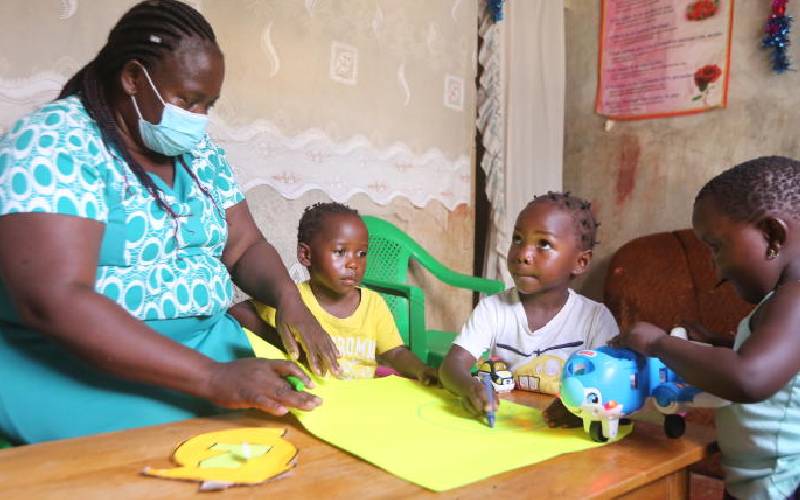×
The Standard e-Paper
Kenya’s Boldest Voice

Since the government rolled out the Competency-Based Curriculum (CBC) on January 3, 2019 there have been serious concerns from major partners including trade unions, teachers, parents and academicians.







